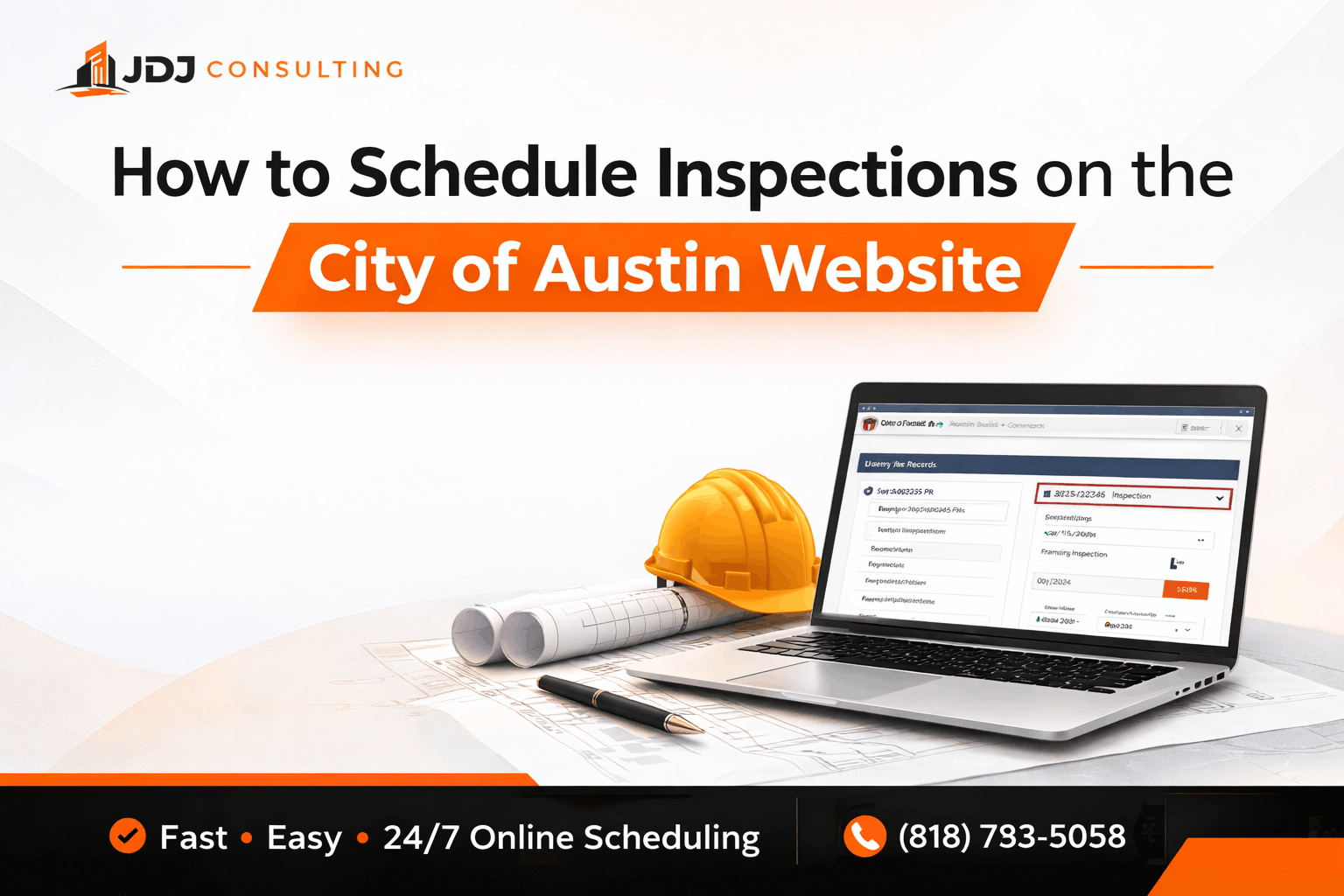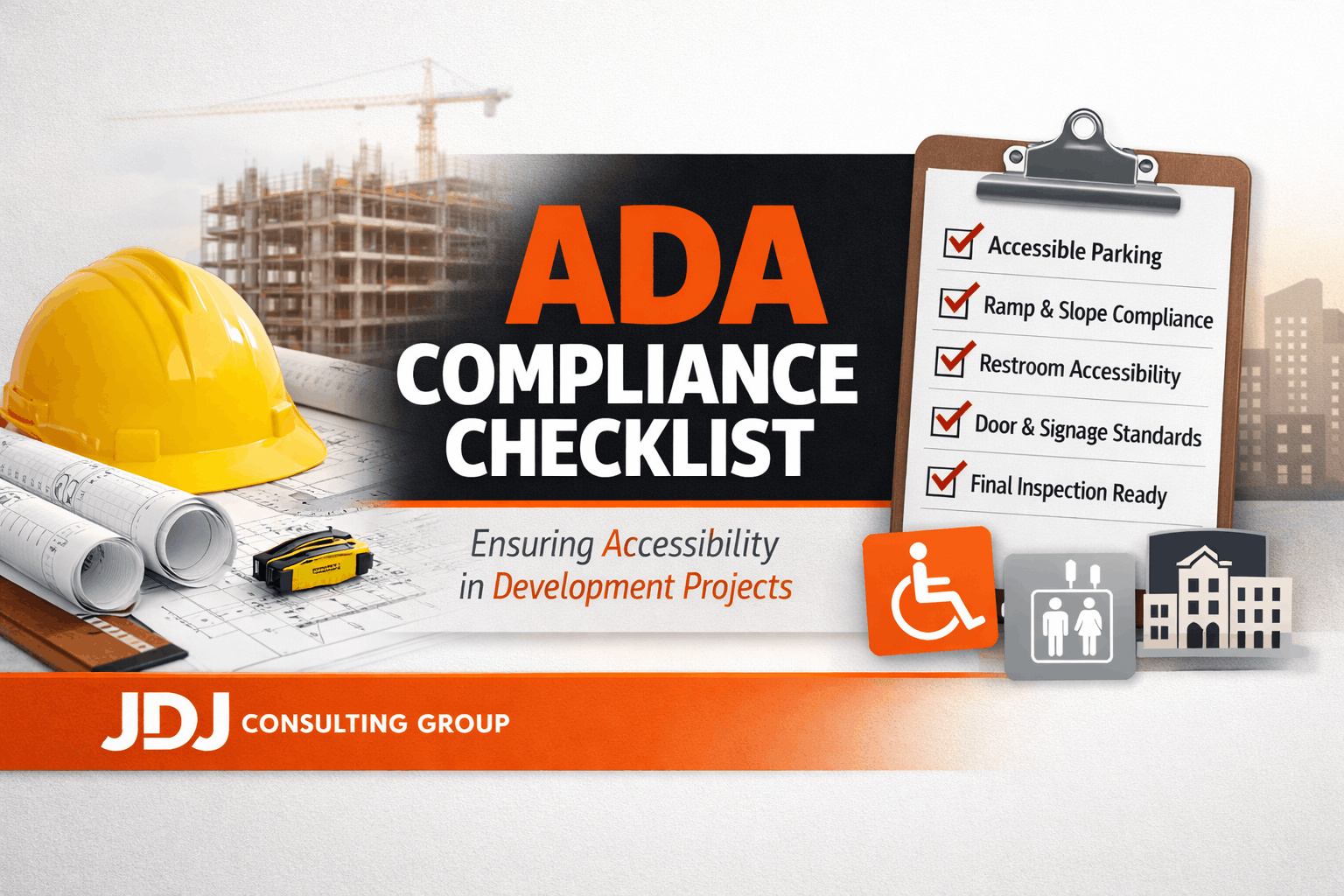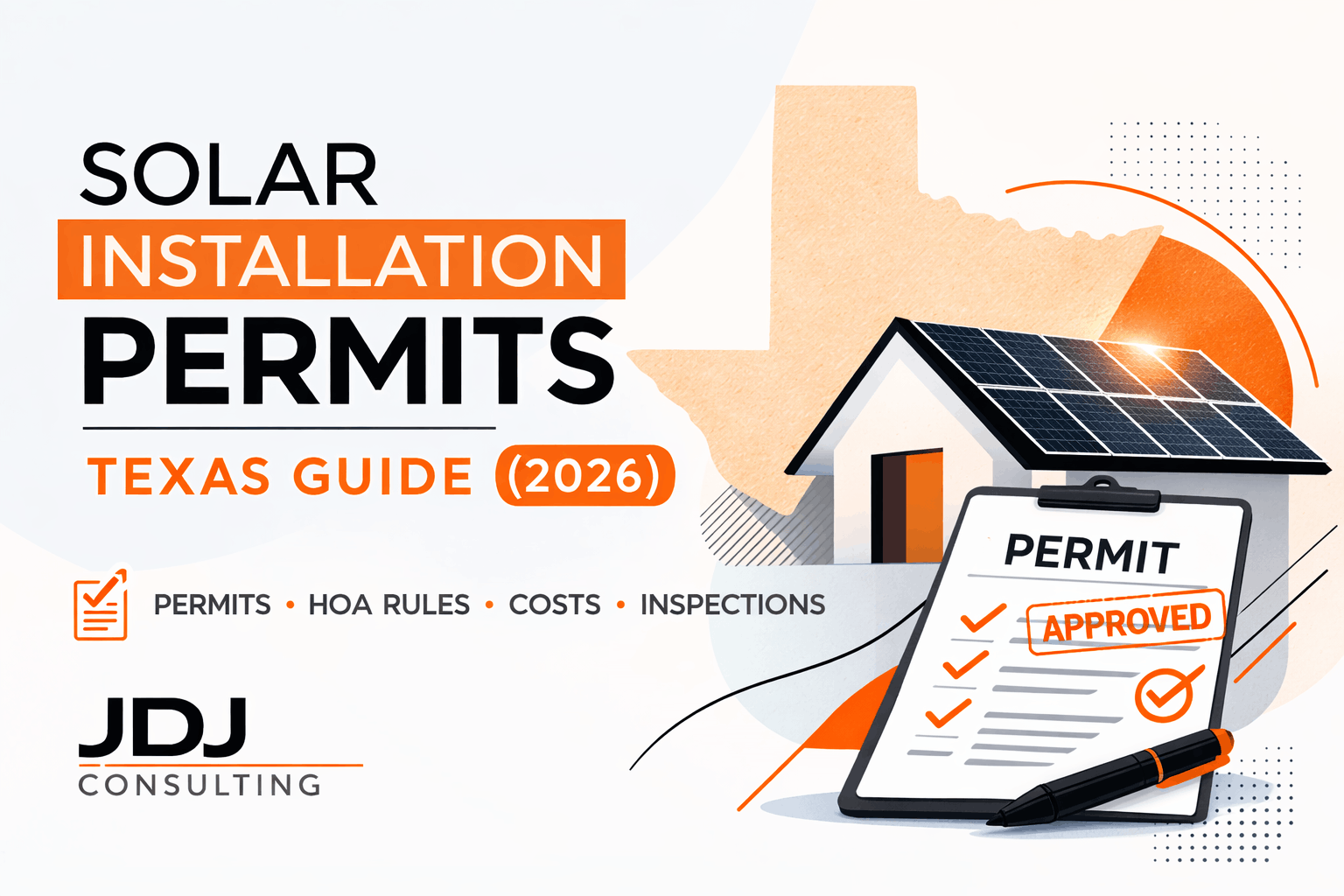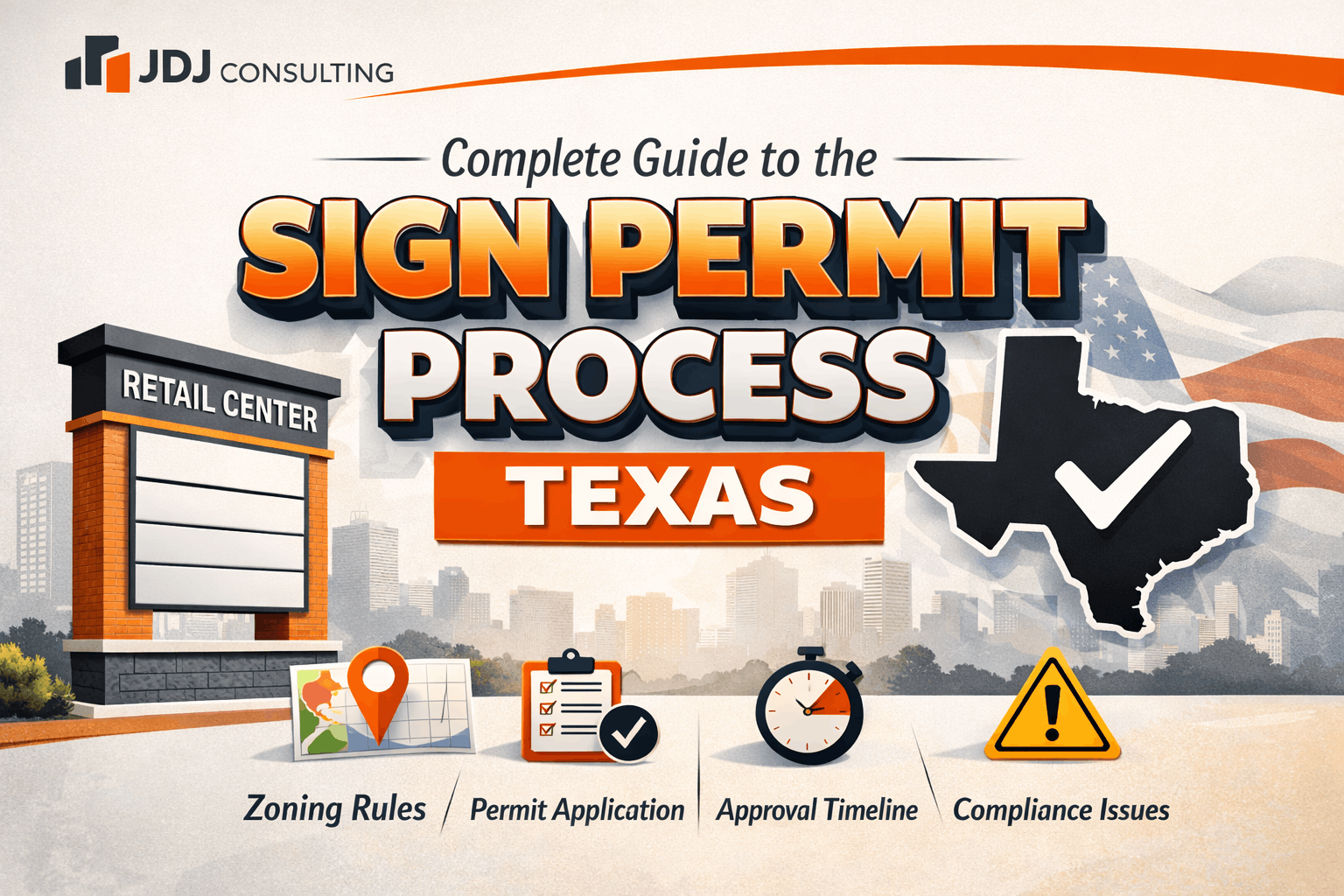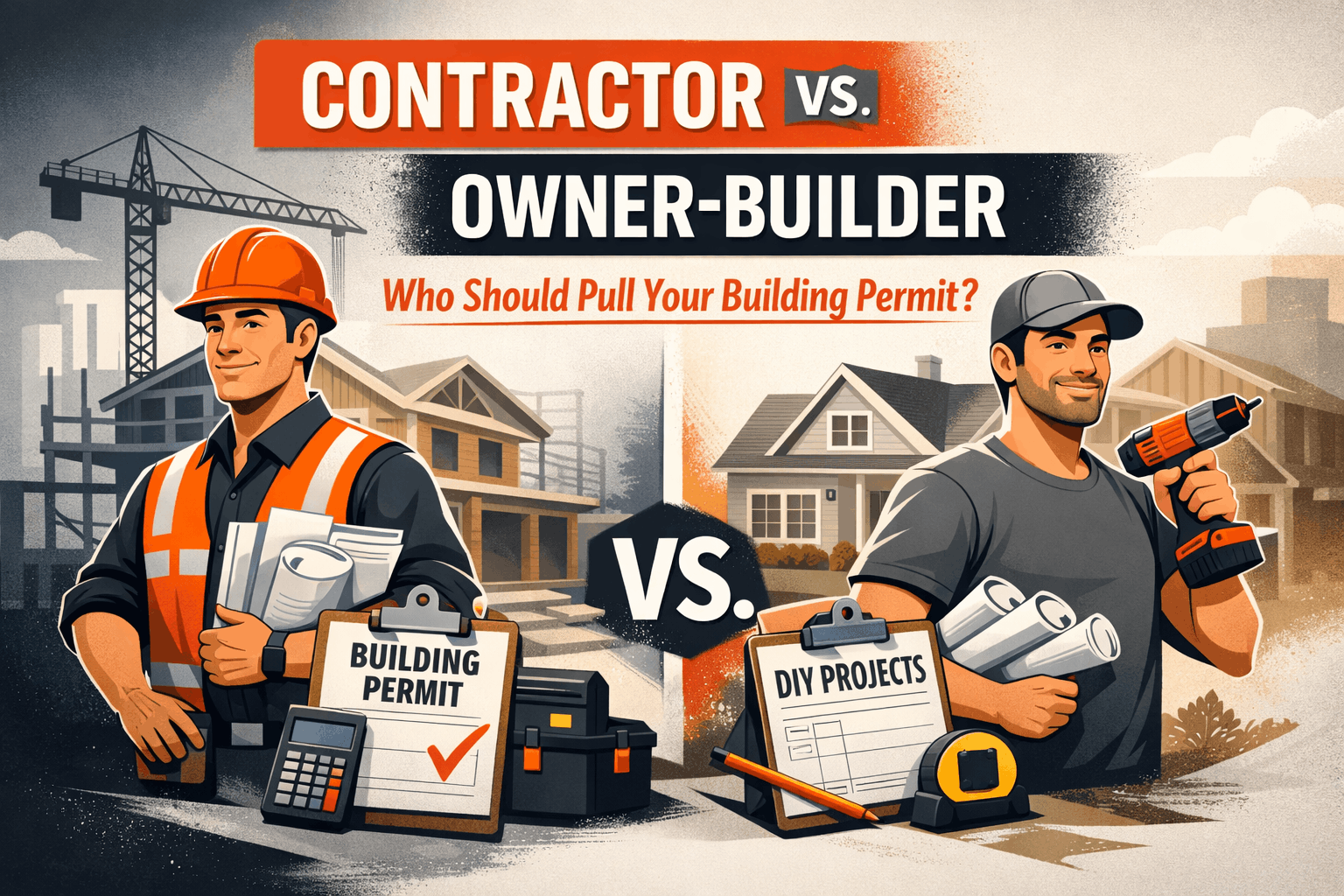What’s the Normal Real Estate Closing Timeline for Los Angeles?
Real estate closings are not the same everywhere. If you’re new to Los Angeles or investing from out of state, you’ll notice the closing process is slower and more layered than in other parts of the country. While many states allow buyers to sign, fund, and walk away with keys on the same day, Los Angeles County requires an extra waiting period tied to recording and escrow.
Table of Contents
ToggleAt JDJ Consulting Group, we’ve helped countless buyers, sellers, and investors navigate this exact confusion. Understanding the real estate closing timeline in Los Angeles is critical, not only for peace of mind but also for planning your move, scheduling funds, and avoiding costly mistakes.
In this article, we’ll break down:
The standard closing timeline for Los Angeles single-family homes.
How escrow and recording shape the process.
Why L.A. closings are different than other states.
Common mistakes buyers and sellers make.
How to strategically use the waiting period to your advantage.
JDJ’s opinion on what buyers and investors really need to know.
🏡 Real Estate Closing Timeline in Los Angeles
Day 1
Day 2
Day 3
Day 3–4
Source: California Association of Realtors
The Big Picture: Closing in Los Angeles Is a Multi-Day Process
In most Los Angeles County transactions, here’s the typical sequence:
Final Walkthrough: Happens within 5 days before the close of escrow.
Signing Loan Documents: Buyers sign loan documents 1–2 business days before closing.
Funding: Lender funds the loan either same day or next business day.
Recording: Deed is sent to the county recorder’s office, usually recorded the following business day.
Disbursement & Keys: After recording is confirmed, escrow disburses funds to the seller, and buyers officially receive keys.
That means the “close of escrow” doesn’t necessarily mean today. More often, it’s a staggered process that plays out over 48–72 hours.
Why Closings in Los Angeles Are Different
Buyers often ask: “Why can’t we just sign and get the keys right away?” The answer lies in the Los Angeles recording system and the role of escrow.

1. The Recording Bottleneck
Los Angeles County processes tens of thousands of real estate transactions each month. Recording offices don’t operate instantly—they work in batches. Once your loan funds and documents are submitted, they must be officially recorded before title transfers. Until then, the property legally remains with the seller.
2. Escrow as a Neutral Gatekeeper
Escrow is not unique to Los Angeles, but it plays a larger role here. Escrow officers don’t release funds until recording is verified, ensuring neither buyer nor seller gets shortchanged. This adds security but also time.
3. Market Complexity
Unlike smaller states where deals are straightforward, Los Angeles properties often involve multiple stakeholders: lenders, title companies, inspectors, contractors, sometimes even city departments. Every extra party slows the final steps.
Step-by-Step Breakdown of the Timeline
Final Walkthrough
The final walkthrough is not just a formality—it’s the buyer’s last chance to verify that the property is in agreed-upon condition. In Los Angeles, walkthroughs typically happen two to five days before closing.
Buyers should check:
That negotiated repairs are complete.
No new damage has occurred.
Appliances and systems are still functioning.
Sellers have begun moving out as agreed.
Opinion: Too many buyers treat the walkthrough casually. At JDJ, we stress that this is your last leverage point. If there’s a major issue, raising it before signing documents is critical.
Signing Loan Documents
Unlike in some states where signing happens on closing day, Los Angeles buyers usually sign loan documents 1–2 business days beforehand.
This includes:
Promissory note.
Deed of trust.
Escrow instructions.
Final disclosures.
Pro Tip: Always schedule signing early in the day. Late signings can push funding into the following business day, creating avoidable delays.
Funding the Loan
Once loan documents are signed, the lender reviews them before funding. Depending on the bank, this may happen the same day or the next. Larger national lenders often take longer.
Sellers should remember: no funds are wired until the lender gives the green light. Buyers, meanwhile, should confirm their wire instructions with escrow directly to avoid wire fraud—an increasing risk in L.A. real estate.
Recording the Deed
This is where Los Angeles diverges sharply from many other states. Even after funding, you don’t own the home until the deed is officially recorded with the county recorder’s office. Recording usually happens the next business day after funding.
Without recording:
Title hasn’t transferred.
Buyers don’t legally own the property.
Sellers can’t receive final disbursement.
Opinion: It’s inconvenient, but this step protects both sides. Recording ensures a clear chain of title in one of the country’s most complex property markets.
Disbursement & Key Transfer
Finally, once recording is confirmed, escrow disburses funds to the seller. At that point, keys are released to the buyer, and the property officially closes.
This often happens mid-to-late afternoon on recording day. Buyers should be prepared that they may not receive keys first thing in the morning.
📊 Average Closing Times (2024)
Source: Zillow Market Trends Report 2024
Common Misconceptions About L.A. Closings
We often see buyers and sellers misinterpret the process. Here are the most common misconceptions:
“We sign documents and get the keys right after.”
False. Expect 1–2 days after signing before keys.“The final walkthrough happens on closing day.”
In L.A., walkthroughs typically happen days before signing, not on the same day.“Close of escrow” means move-in day.
Technically true, but escrow closes only once recording is confirmed—not the day you sign.“Every lender funds on the same schedule.”
Not all lenders move at the same speed. Some fund in hours, others take days.
Mistakes Buyers and Sellers Should Avoid
Because the process is more complex, small mistakes can cause big headaches.
🤔 Quick Quiz: LA Real Estate Closings
Source: LA County Recorder’s Office
🚀 Need Help Navigating Your Closing?
JDJ Consulting Group helps buyers, sellers, and investors handle every step of the Los Angeles real estate closing process. Avoid delays and protect your deal with expert guidance.
📞 Contact Us TodayBuyer Mistakes
Scheduling movers for signing day.
Booking flights the same day as closing.
Wiring funds to the wrong account.
Failing to review loan documents carefully.
Seller Mistakes
Planning to use sale proceeds immediately.
Not coordinating move-out with the 1–2 day delay.
Assuming funds clear instantly.
Opinion: In our experience, 80% of closing stress comes from bad scheduling. Setting the right expectations from the start is the best antidote.
How Investors Should Plan Closings in Los Angeles
Investors—especially those from out of state—need to be extra cautious. A delayed closing can disrupt cash flow, 1031 exchange timelines, and contractor scheduling.
Our advice for investors:
Build a 2–3 day buffer into your schedule.
Never assume you’ll have immediate access for renovations.
If doing a 1031 exchange, coordinate carefully with intermediaries to avoid IRS penalties.
At JDJ, we’ve seen investors lose deals because they didn’t factor in Los Angeles’s recording-driven delay. Planning prevents that.
Why the Extra Delay Can Be a Good Thing
While buyers and sellers often see the waiting period as frustrating, we view it differently. That extra 48 hours can actually be an opportunity.
For Buyers:
Finalize insurance coverage.
Schedule utilities in your name.
Double-check contractor availability.
For Sellers:
Complete last-minute moving logistics.
Confirm payoff of existing mortgages.
Tie up loose ends with escrow.
Opinion: Instead of dreading the lag, use it strategically. It ensures fewer last-minute surprises.
Our Perspective at JDJ Consulting
Here’s our stance: the Los Angeles closing timeline is not broken—it’s built for stability. In a city with high property values, diverse buyers, and complex legal requirements, the system prioritizes security over speed.
Yes, it’s slower than in other states. But speed should never come at the cost of certainty. A staggered close protects both buyers and sellers in one of the most competitive real estate markets in the world.

Final Thoughts
So, what’s the normal real estate closing timeline in Los Angeles? It’s typically two to three business days from signing to receiving keys. That’s longer than in many other states, but it’s the standard here, and it protects all parties.
At JDJ Consulting Group, we believe that the key to a smooth transaction is setting expectations early. If you plan for the timeline, the process feels predictable and manageable. If you assume Los Angeles works like Texas or Florida, you’re in for frustration.
Our bottom line? In Los Angeles real estate, patience isn’t just a virtue—it’s part of the contract. And with the right consulting team by your side, patience turns into confidence.
Call our consultants at (818) 793-5058 to get the best real estate advice.
FAQs: Real Estate Closing Timeline in Los Angeles
What is the normal real estate closing timeline in Los Angeles?
In Los Angeles, most home sales take about 30–45 days from offer to close. After you sign closing documents, it usually takes 1–2 more business days before you get your keys. This extra time is because the county must record the deed.
How long after signing closing documents do I get keys?
You normally get keys 1–2 business days after signing. The bank needs to send the money, and the county must record the deed before escrow can give you the keys.
Why is closing slower in Los Angeles than in other states?
Closing is slower because Los Angeles requires the deed to be officially recorded before the home changes hands. Escrow also adds steps to make sure both buyer and seller are protected.
When do buyers do the final walkthrough?
Most buyers do the final walkthrough within five days of closing. Many choose to do it about two days before signing. This lets them check that repairs are done and the home is in good shape.
What does escrow do in the closing process?
Escrow is a neutral third party. They hold the money and documents until all conditions are met. Escrow makes sure the loan funds, the deed records, and the seller gets paid.
💵 Closing Cost Estimator
Source: NerdWallet Closing Cost Guide
Can funding and recording happen on the same day?
Sometimes they do, but not always. Often the loan funds one day, and the county records the deed the next business day.
Does “close of escrow” mean I can move in right away?
Not always. In Los Angeles, escrow only closes when the deed is recorded. That usually happens one or two days after you sign.
Do weekends and holidays affect closing?
Yes. Banks and recording offices don’t work on weekends or holidays. If you sign on a Friday, recording may not happen until Monday or Tuesday.
What mistakes do buyers make when closing?
Common mistakes include scheduling movers for the signing day, booking flights too early, or assuming they can move in right away. It’s best to wait until escrow confirms recording.
What mistakes do sellers make during closing?
Sellers often expect payment right after signing. In Los Angeles, funds usually come 1–2 business days later. Sellers should plan for this short delay.
How does the closing timeline affect investors?
Investors need to plan for the 2–3 day gap between signing and possession. This can affect cash flow, contractor schedules, and 1031 exchange deadlines.
How can buyers and sellers make closing smoother?
Buyers should sign early in the day, confirm wire instructions, and avoid booking movers too soon. Sellers should coordinate their move-out and expect a short delay in payment. Clear planning helps both sides.
Error: Contact form not found.

